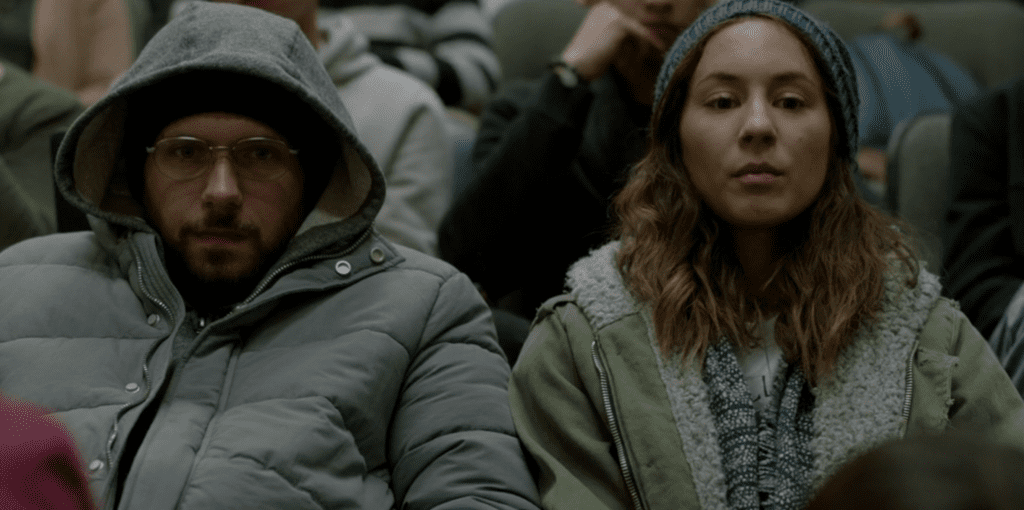Summary
Clara is a remarkable story with applaudable performances about an astronomer’s obsession to make a discovery, with a curious artist determined to support him.
I have to admit: it has been an unusual length of time since a film left me in silence. I do not mean a few seconds of re-adjusting to my surroundings after the credits, but a real moment of thought. I did not expect Clara to be that film, especially starring the departed star Patrick J. Adams from the legal drama Suits. Akash Sherman‘s film reminded me why I appreciate films, tapping into my need for escapism and getting lost in a thought-provoking story that intends to massage my mind. When a movie like Clara surprises me, I find myself grateful for enduring many nights of critiquing baseless content.
Clara is a story about an obsessed astronomer, Dr. Isaac Bruno, who is desperate to make that life-defining discovery, which is to find not only a habitual place in our Universe but a planet that already holds intelligent life. The first 10 minutes of Clara establish the type of character we are dealing with. While delivering a lecture, he is irritated by a student’s motive to question his objective of needing to find life, which is met by a summary of statistics regarding “love” and how it fails globally.
Patrick J. Adams’ performance emanates depression and dullness to the likes of the glum Manchester by the Sea. While on the surface, Clara is about a man’s dream to be the next scientist inked in the history books, what the film is really about is a man that refuses to contain any human emotion, and has allowed years of disconnection and depression to reverberate around his introverted existence. Of course, the story gives us more meaning behind his stand-offish miserableness, while the sci-fi tropes run through the veins of the story, splashing NASA on the screen, so the plot device of finding a planet remains the driver of Dr. Isaac Bruno’s objective.

Clara is about needing to make that ultimate breakthrough, but what makes the story so tragic is that Isaac’s real discovery is a woman that happened to fall into his life – Clara (Troian Bellisario). She eagerly takes on the role as his research assistant, to analyze new NASA data to find that planet. The character also has hidden pain, which comes to light as the film progresses. Trojan’s performance is wonderfully placed – a character that manages to scrape out the best of Isaac. She teases his atheistic ideas, noting that Isaac Newton was indeed religious himself, which is met by a wry smile. Clara teaches audiences a lesson about knowing what is in front of you, but in Isaac’s case, his obsessive nature consumes his very idea of happiness.
There’s also a feeling of whether life has meaning in the film. The characters are vacuumed in their world of analysis; whichever room they reside in the director has somehow made it feel like they confined there, making you question whether the objective is worth it.
Clara does have a slight flaw; the ending is suspiciously out of sync, even for my standards, and that’s coming from a critic that still feels endeared by Interstellar. But the conclusion is slightly forgiving in that it emotionally ties in with some aspects of the plot, making it fit. Unfortunately for me, I felt somewhat misplaced by it. Regardless of the slight misstep, Clara is a wonderful film, highlighting passion for scientific discovery but the tragedy of the human mind.




